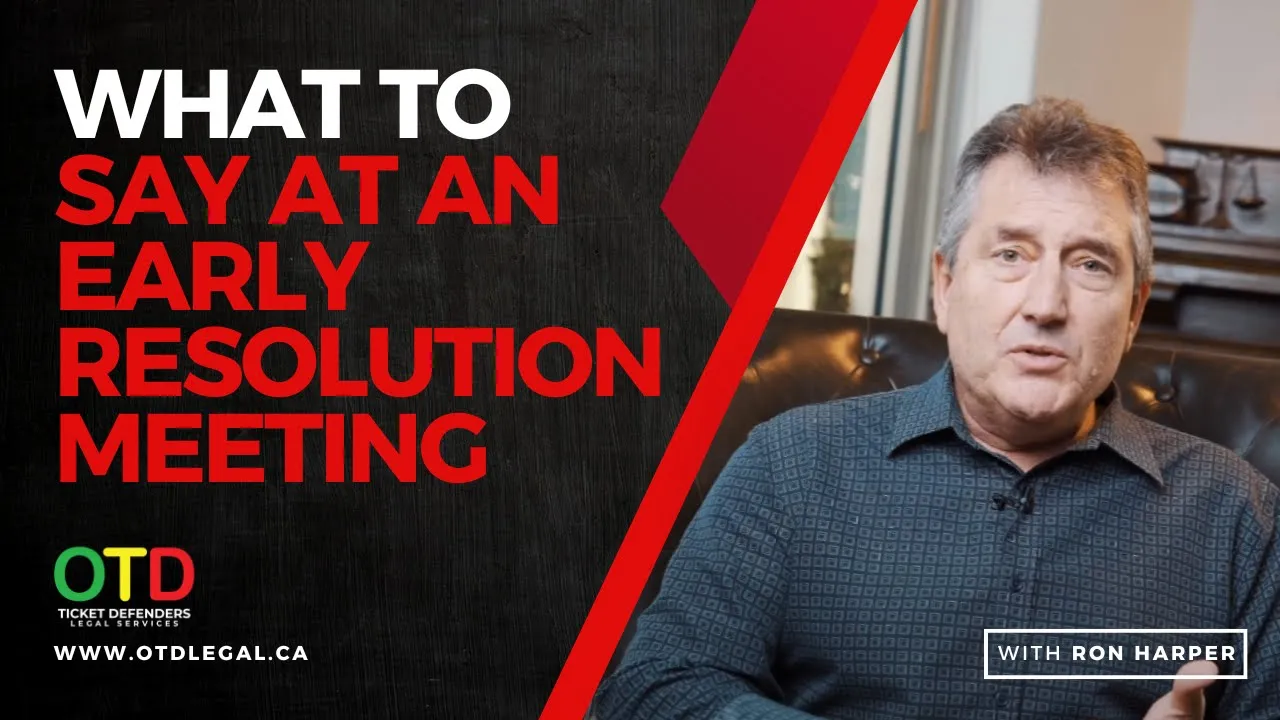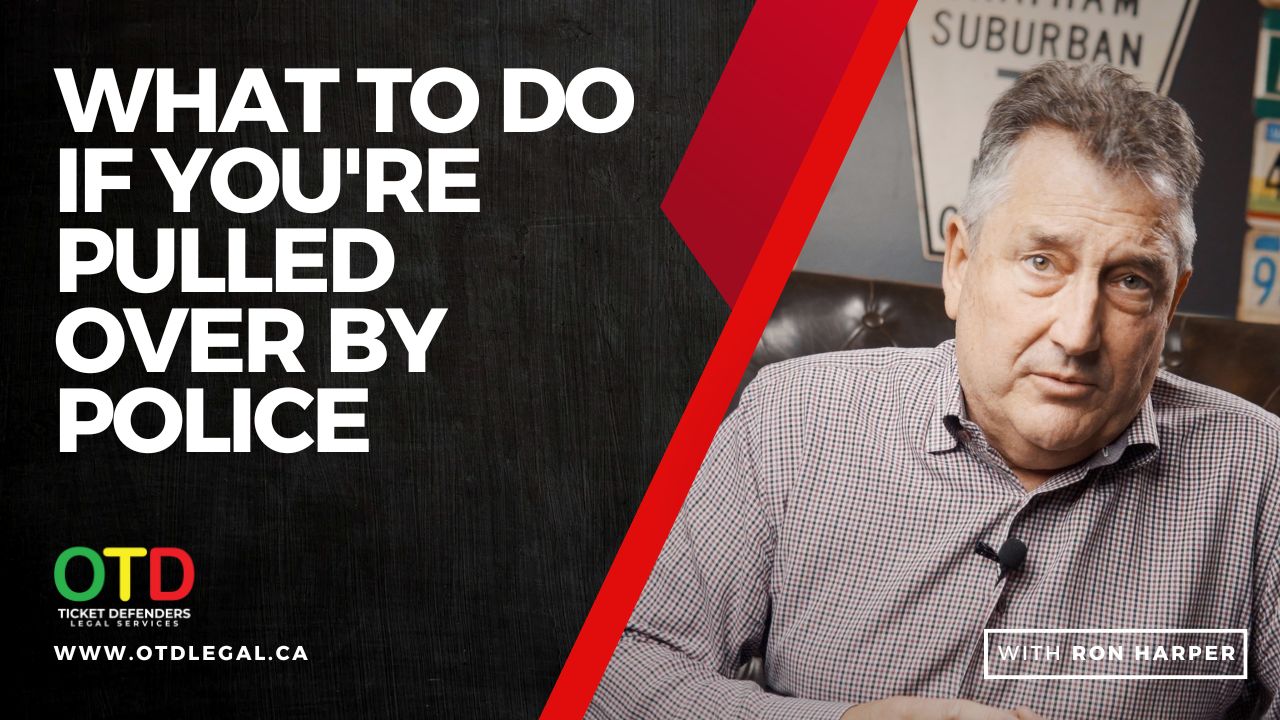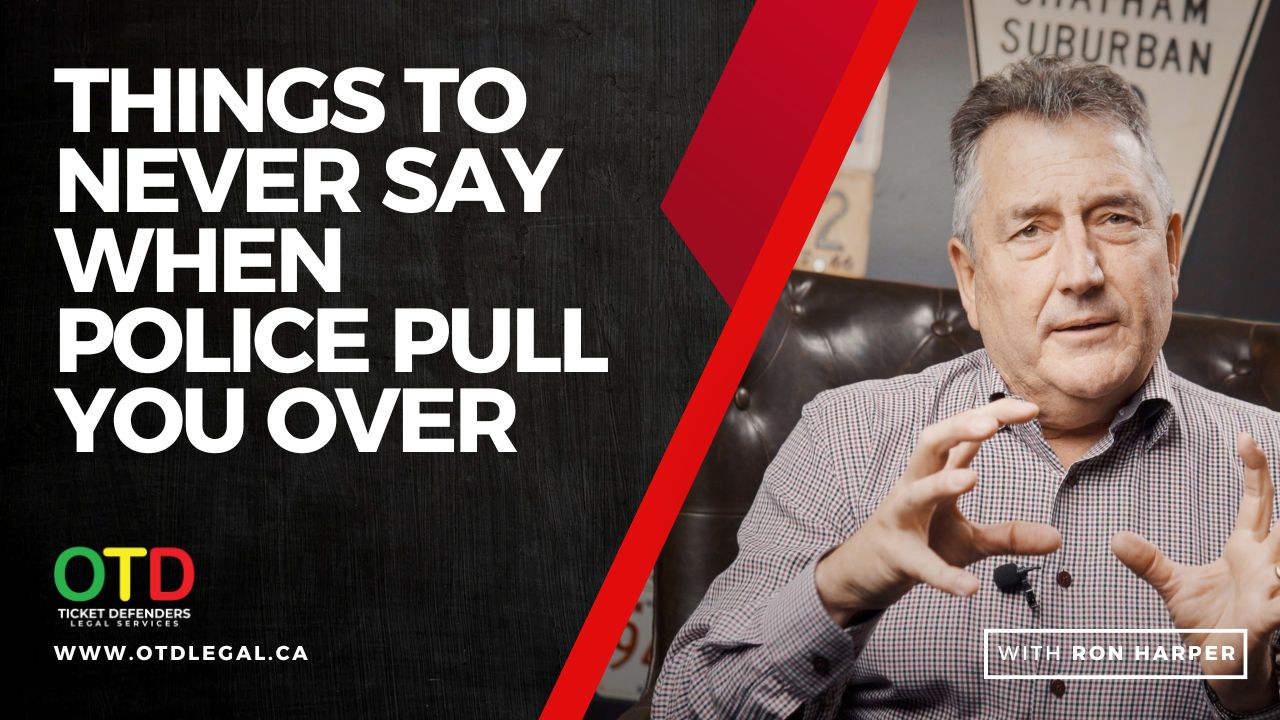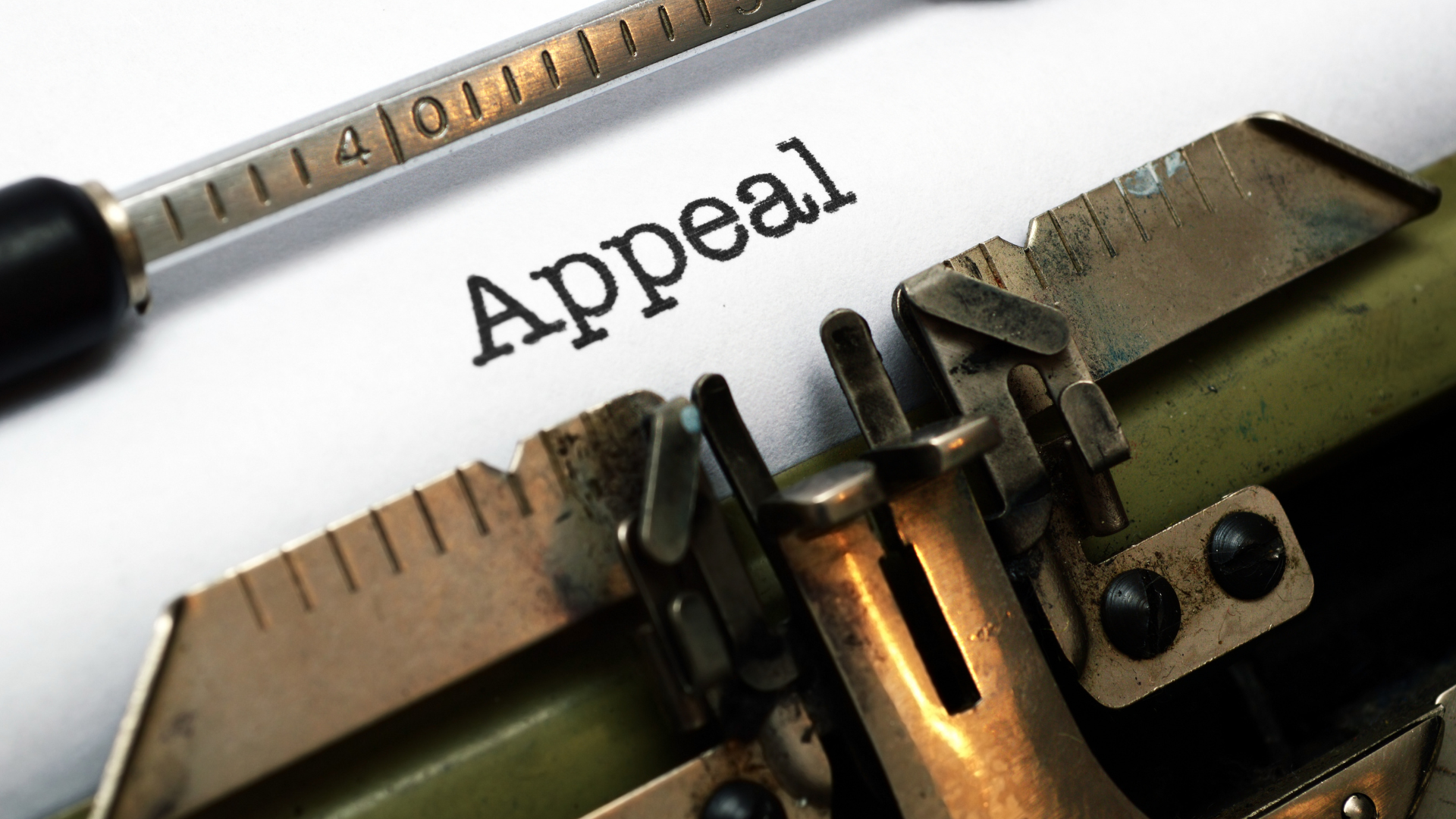When you encounter a police officer in Ontario, there’s a good chance that the interaction is being recorded by a body camera. As these devices become more common, it will be assumed that police interactions are recorded, whether officers mention it or not.
This video aims to help you understand how to conduct yourself when facing law enforcement while ensuring that your recorded behaviour doesn’t negatively impact any legal proceedings.
- It’s important to stay calm, polite, and professional.
- You should be aware of your rights, especially concerning recorded information that might be used in court.
- Our goal is to equip you with the knowledge to navigate these situations confidently.
- If you need further guidance, consider reaching out for a consultation with OTD Legal.
Navigating Police Interactions with Recorded Evidence
When you are pulled over in Ontario, the whole event is likely recorded by the police. They often capture both the road and your interaction with the officer. Sometimes, officers mention the recording; sometimes, they do not.
Remember, this is becoming a standard practice. Anything you say might later be used against you in court.
This recording can serve multiple purposes and has both benefits and challenges.
- Benefits: Provides an accurate account of the interaction, discourages misconduct, and can serve as evidence for your defense.
- Challenges: Potential for the recording to be used against you in court under certain circumstances.
It’s vital to be aware that while officers may not always inform you of the recording, you can assume that it is happening.
When interacting with police, follow these guidelines:
- Stay Calm and Polite: Your demeanour can affect the situation’s outcome.
- Limit Your Communication: Speak only when necessary. This minimizes the risk of saying something that may be misinterpreted.
- Professional Demeanour: Avoid adversarial behaviour, as it may negatively influence the interaction.
Legal Implications of Recorded Interactions
Use of Recorded Statements in Court
Courts consider these statements, especially if you haven’t been cautioned about the recording.
- Statements might be considered inculpatory, meaning they could support a conviction.
- Always be mindful of what you say during such interactions to avoid unintended repercussions.
The Importance of Cautioning
A caution is a notification from the officer that anything you say may be recorded and used in legal proceedings.
If you weren’t cautioned, the recorded statements might not be admissible in court.
- Remaining calm and polite is essential.
- Limit your words while being professional, as your actions are on record.
- It’s important to understand your rights and the importance of caution to protect yourself legally.
Free Consultation
If you need legal assistance with a traffic ticket, contact OTD Legal for a free consultation.
We are here to provide you with essential information and support. Reach out to us and make informed decisions.
Video Transcription:
I want to talk to you today about the use of body cameras by the police. It is important to realize that in most situations across Ontario, when you get pulled over and find a police officer beside your vehicle, at that point in time two things have happened. They’ve probably recorded the whole event as you were pulled over from their vehicle, and as they come up to the side of your vehicle to talk to you, you’re likely being recorded.
Sometimes they’re going to tell you that, sometimes they’re not. I think in the months and years to come, you’re going to realize that they’re not going to introduce that information as much, and it will be very well known that when you talk to the police, it will be recorded. I consider that a double-edged sword.
You’re going to get used to that. I want you to get used to that. It’s fine. It is important not to fear that, and it’s important to get your cues from the police officer. If they don’t tell you, for example, that anything being recorded or anything you say at that point in time may be used against you, that’s something I need to be aware of in order to help you.
Information that may be considered inculpatory simply means that if it is before a court, it may be considered in a conviction sense. If you’re not cautioned, they’re not going to be able to use that, and that’s important—something we want to be aware of. So, I would suggest that when you are talking to the police, you remain calm, remain polite, say as little as possible, but certainly be professional.
You don’t want to be adversarial, but realize that the impression you’re making could be recorded. Whether or not that’s used against you in a courtroom will be determined at another time.







